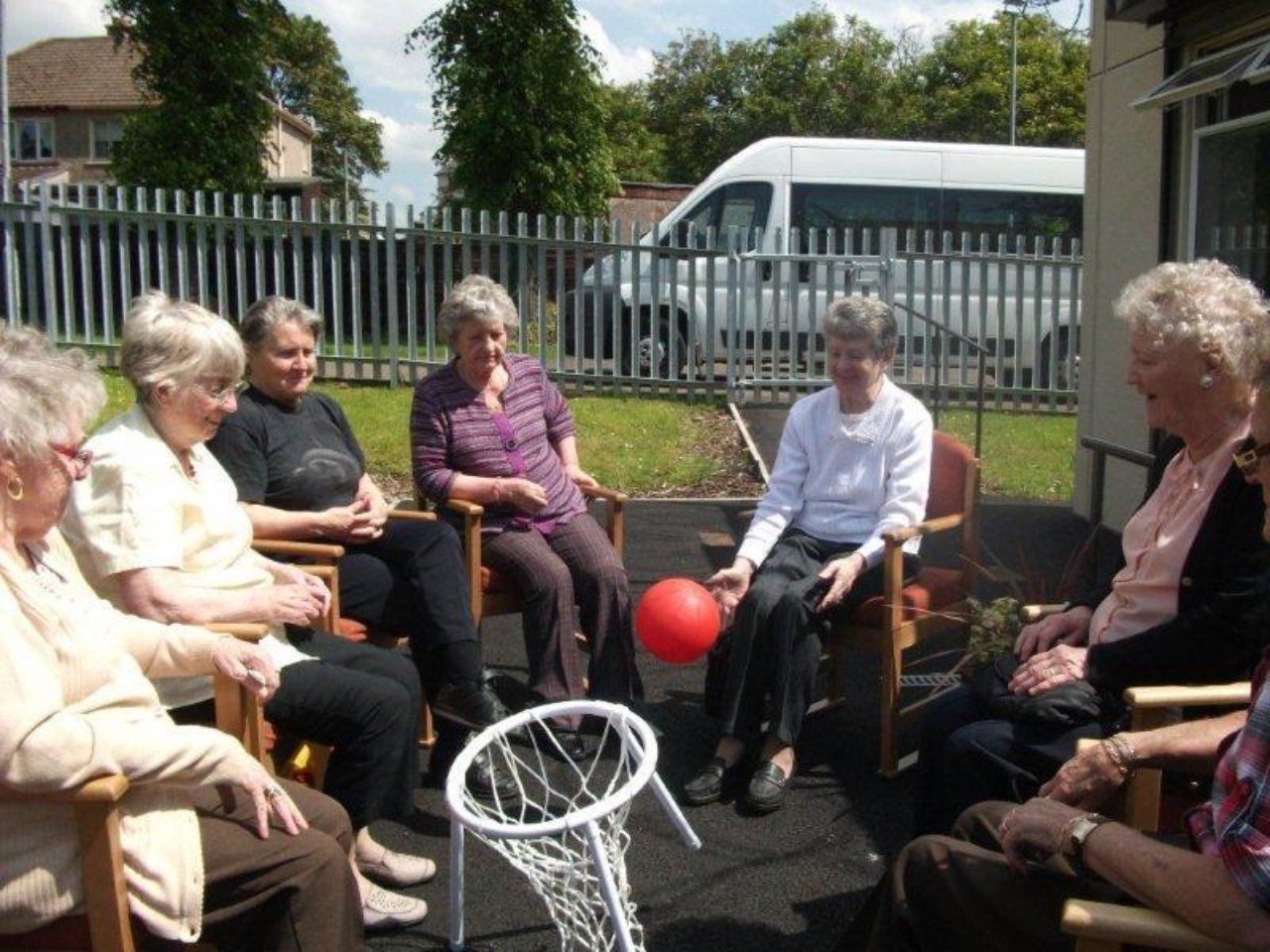
Baillieston Community Care has been providing two dementia support services in Glasgow for over 20 years. Funded by Glasgow City Council, the home support service and day care centre, Bealach House, are a lifeline to people with dementia and their families.
And in 1995, to generate income, the charity set up a private home care service as a social enterprise for anyone aged over 16 with a disability.
Across its services it supports about 140 people each week, one of whom is Hannah Samson’s mother who attends Bealach House twice a week. “We get no help from outside sources apart from this: the tower of support I receive from them is first class. They have put me in touch with a lawyer to help with my mother’s financial care, and forwarded me to a social worker for help. I cannot praise this centre enough. I wish there were many more places like it…so more carers could benefit from this fantastic service.”
Although Baillieston’s income was increasing each year and the charity was ambitious, chief executive David Reilly turned to Pilotlight because he felt the charity lacked the business nous to turn those ambitions into action.
Planning and managing the budget were weaker areas, he says: “We would say, ‘Can we afford to buy this? Yes!’ And so we did. We needed to tighten up our financial procedures and controls and be more focused on the business and how we marketed ourselves.”
The Pilotlight process had a profound impact on the charity: a three-year strategic plan was produced and the Pilotlighters tackled issues around the day care centre which was no longer fit for purpose, examining options and costings for refurbishment, demolition or a move to different premises.
In addition, the Pilotlighters suggested David’s remit would be impossible in the long term without increasing his management team, so he hired an assistant manager who has also achieved another aim – increasing the private client base. “We needed to do this so that we were less reliant on grants. Before Pilotlight we had about 70 private clients and now we have over 100. I doubt we would be in this position if Pilotlight hadn’t encouraged us to take the risk.”
The charity graduated from the Pilotlight process in October 2011. Since then, home support workers have increased from 35 in 2011 to 60 in 2012 and Baillieston is continuing to recruit. They have employed a new part-time fundraising consultant, received a bronze Investors in People award and Channel 4’s TV programme The Secret Millionaire visited and donated £20,000, which coupled with money from Age Scotland and their own funds was used to build a sunroom and patio at Bealach House.
“All these improvements are as a result of Pilotlight,” says David.
The process, which David says, was “a fantastic experience”, has left him feeling emboldened. “It is a great process. I would recommend that any small charity that needs some direction gets involved with Pilotlight, because the support and mentoring you receive from the business people involved cannot be bought. It’s excellent.”
The Pilotlighters providing that support and mentoring came from Harper Macleod LLP, Savendie, Barclays and there was also an individual member. Rob McElroy, head of business management for Scotland and natural resources at Barclays, says the process gave him a fresh appreciation of the pressures facing charities. “I realised that you have to consider the feelings involved, which as a bank we largely don’t think about. It’s not as easy as saying, ‘This will work, you can afford it,’ because the consequences of it not working are so great – not just for the staff but also for the people they support.”
Rob gained a lot from the experience: “The ethos of Pilotlight makes sense. This feels so much better than giving a cheque to a charity because you are making an impact way beyond what you could do by giving money.
“You learn so much, you build new relationships and it gives you a different perspective.”
